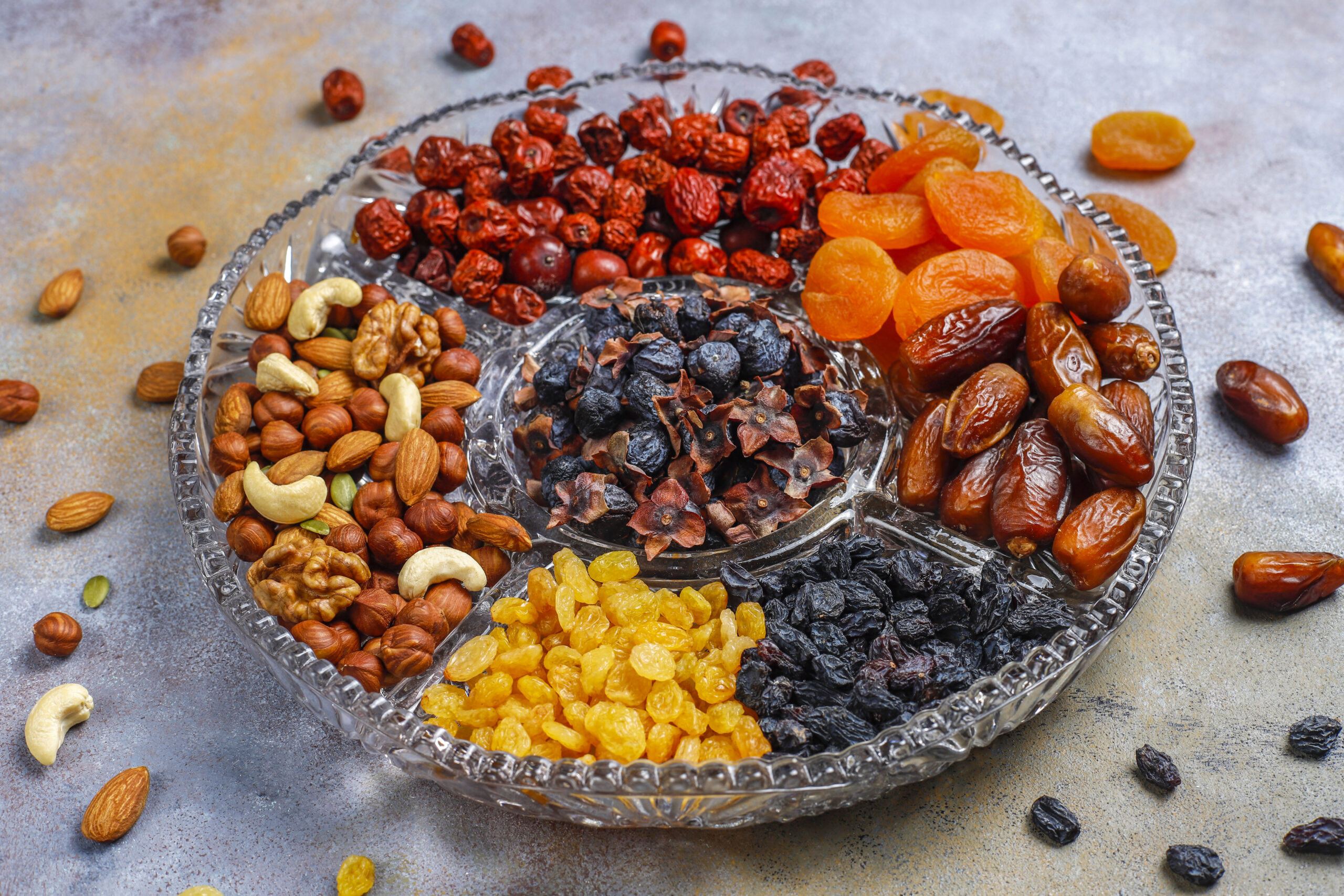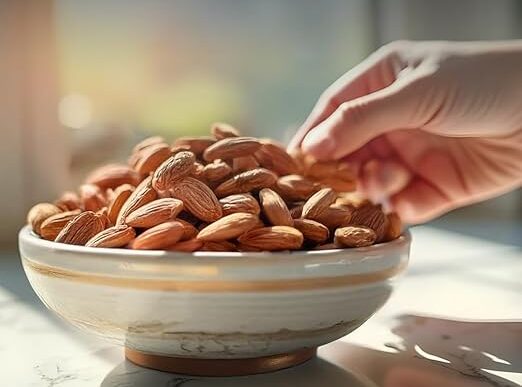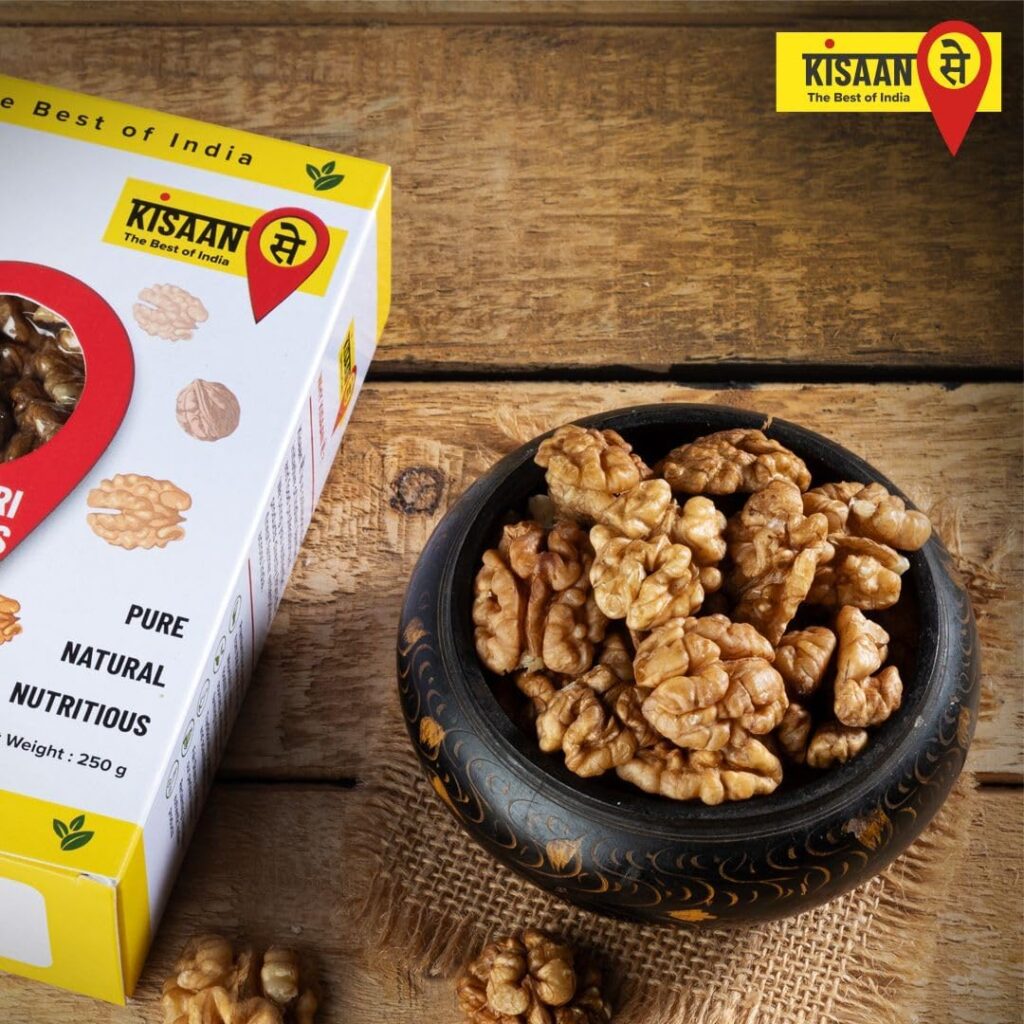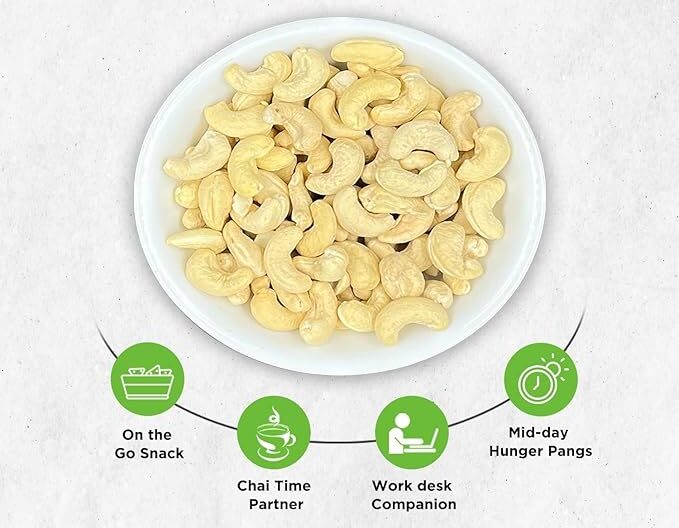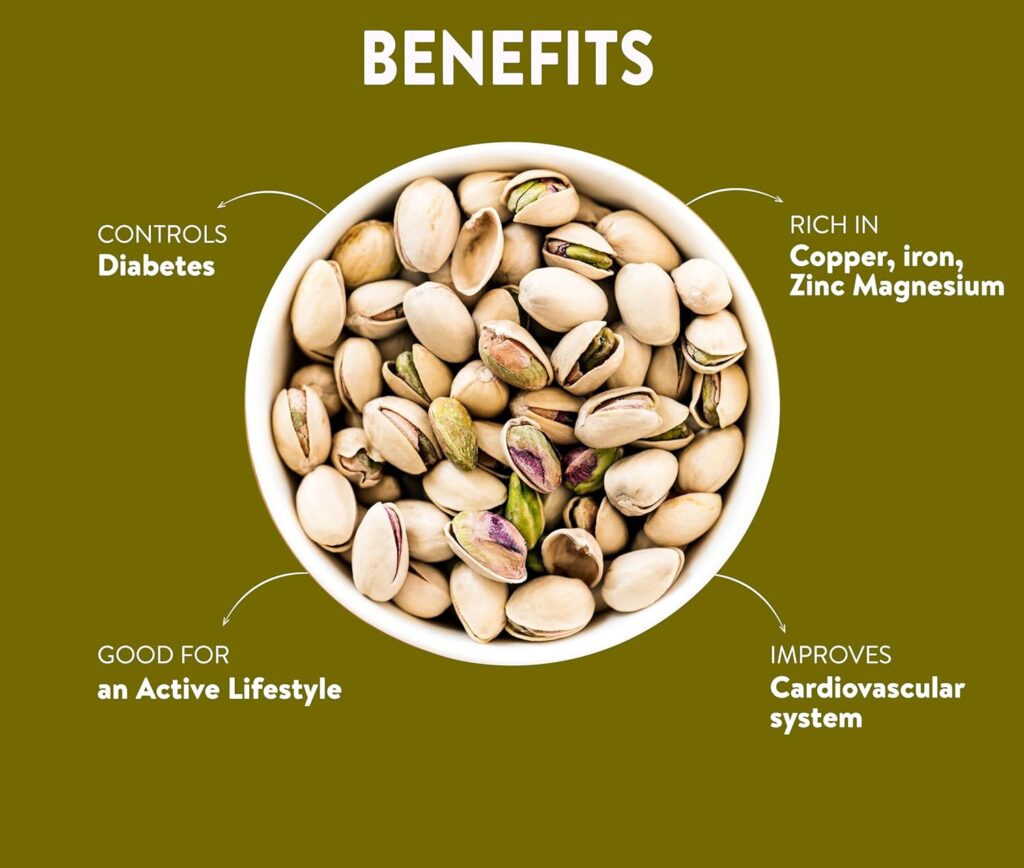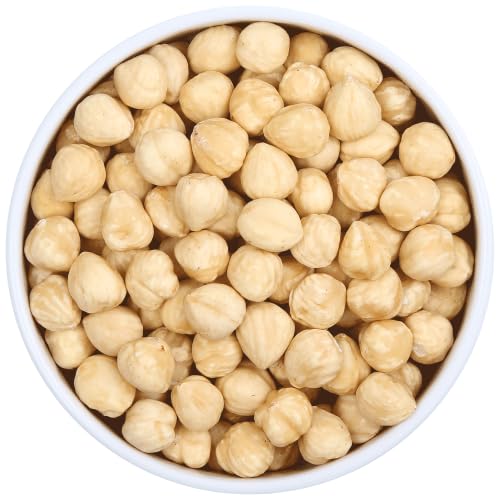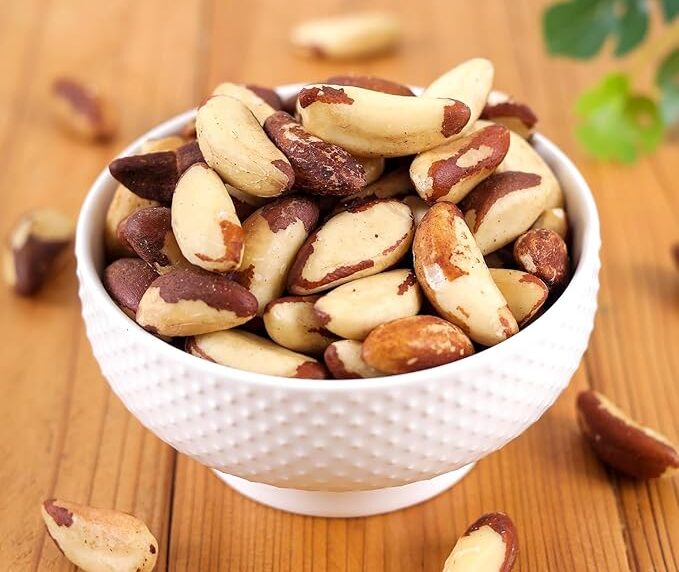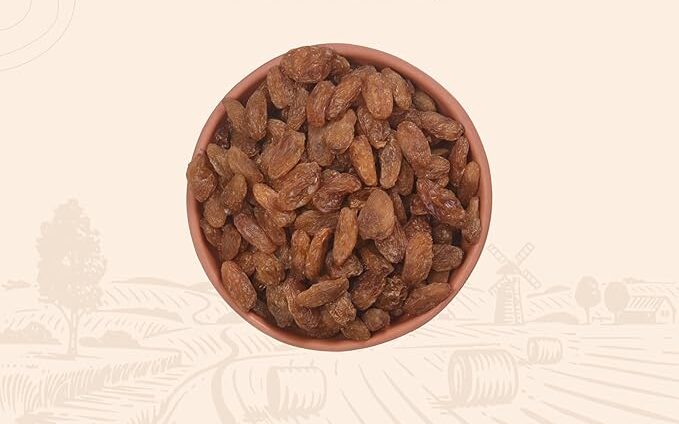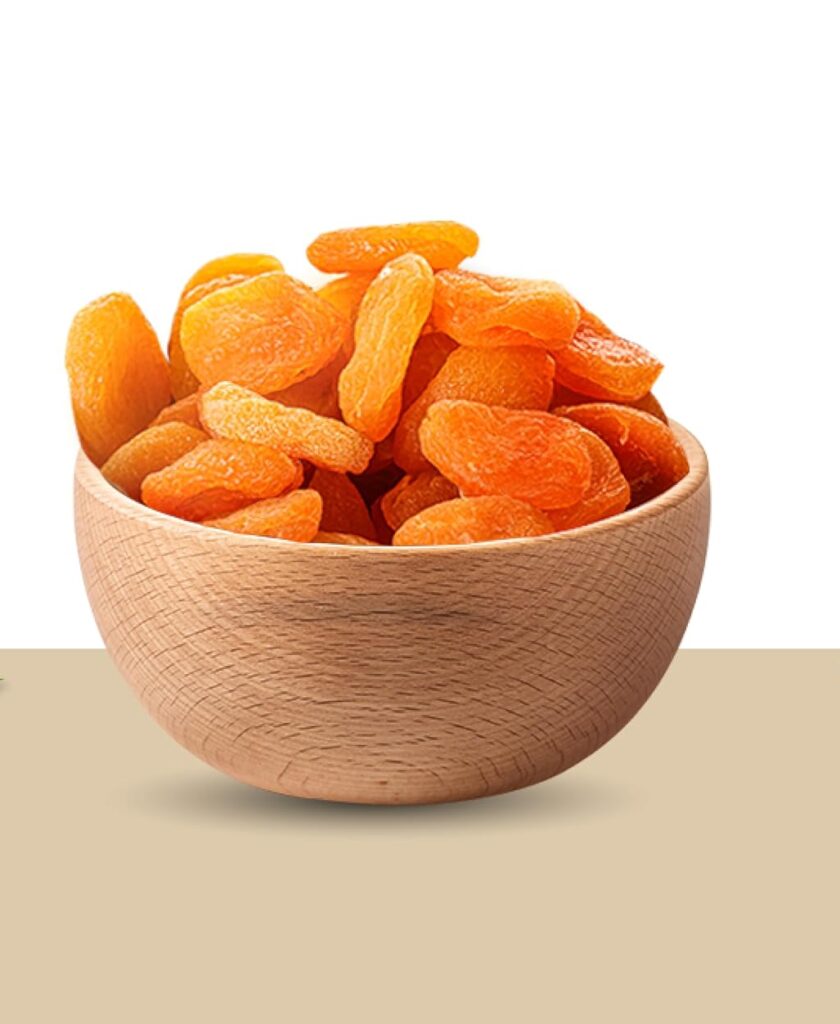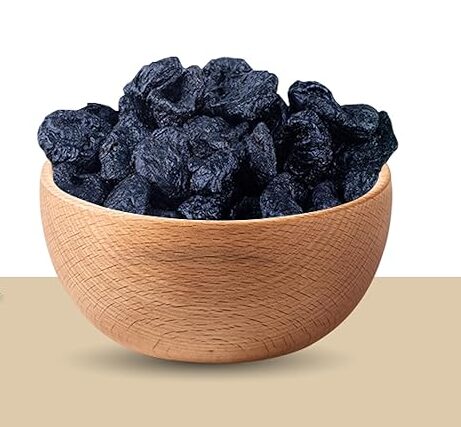On hectic days, it’s simple to neglect your health—but a small handful of dry fruits and nuts can lift your energy and support your overall well-being. People have valued dry fruits and nuts for centuries for both taste and nutrition. Rich in antioxidants, vitamins, minerals, and healthy fats, these natural snacks support your overall wellness.
In this guide, you’ll discover the 10 top dry fruits and nuts, their key nutrients, health benefits, creative ways to enjoy them, and the ideal daily portions. Let’s dive in!
Table of Contents
What Makes Dry Fruit So Special?
Dry fruits and nuts are nature’s nutritional powerhouses. Unlike packaged snacks, dry fruits are naturally loaded with essential nutrients:
- Healthy fats (monounsaturated and polyunsaturated)
- Plant-based protein
- Fiber for digestion and satiety
- Antioxidants to fight free radicals
- You get important nutrients like magnesium, iron, zinc, vitamin E, and B vitamins from dry fruits
Their nutrients help improve your brain, heart, bones, immunity, and even skin radiance. They are small, portable, and ready-to-eat, making dry fruits ideal for quick snack.
Top 10 Dry Fruits and Nuts for a Healthy Life
1. Almonds
Nutrients: Vitamin E, magnesium, protein, fiber, healthy fats.
Benefits:
- Boost memory and brain function
- Improve heart health by reducing bad cholesterol
- Strengthen bones and teeth
- Promote glowing, youthful skin
2. Walnuts
Nutrients: Omega-3 fatty acids, copper, manganese, antioxidants.
Benefits:
- Excellent for brain health
- Supports heart health by reducing inflammation
- Enhances sleep quality due to melatonin
- Promotes strong hair and skin
3. Cashews
4. Pistachios
Nutrients: Protein, fiber, potassium, vitamin B6, antioxidants.
Benefits:
- Excellent for weight management (low-calorie nut)
- Improves digestion
- Supports heart health by lowering cholesterol
- Maintains healthy skin tone
5. Hazelnuts
Nutrients: Vitamin E, folate, manganese, thiamine.
Benefits:
- Supports brain health
- Good for heart and blood circulation
- Rich in antioxidants for skin glow
- Helps regulate blood sugar
6. Brazil Nuts
7. Raisins
Nutrients: Iron, potassium, antioxidants, fiber.
Benefits:
- Natural energy booster
- Improves hemoglobin levels
- Keeps digestion smooth
- Supports oral and bone health
8. Figs
Nutrients: Calcium, potassium, vitamin B6, antioxidants, fiber.
Benefits:
- Improves digestion and gut health
- Strengthens bones
- Supports healthy blood pressure
- Boosts energy naturally
9. Apricots
Nutrients: Vitamin A, potassium, iron, antioxidants.
Benefits:
- Supports eye health
- Prevents anemia
- Improves skin hydration and glow
- Helps regulate blood pressure
10. Prunes
Nutrients: Vitamin K, fiber, antioxidants, potassium.
Benefits:
- Excellent for digestion and preventing constipation
- Improves bone density
- Supports heart health
- Helps manage blood sugar
Dry Fruits vs Fresh Fruits: Key Differences
While fresh and dried fruits are both healthy, dry fruits provide more concentrated nutrients. Fresh fruits are rich in water content, making them hydrating and naturally low in calories. Dry fruits, on the other hand, are energy-dense and pack concentrated nutrients in small servings. For example, one cup of grapes might feel light, but a handful of raisins—its dried form—delivers several times the fiber and antioxidants. However, this also means higher natural sugar concentration. That’s why portion control is important. While fresh fruits refresh and hydrate, dry fruits offer quick energy, making them perfect for snacks, travel, and busy mornings.
Also Read : Rock Salt Benefits
Creative Ways to Add Dry Fruits to Your Meals
Dry fruits don’t have to be boring! Here are some delicious and creative ideas:
- Morning boost: Add chopped almonds, walnuts, or raisins to your oatmeal or smoothie bowl.
- Midday snack: Mix pistachios, cashews, and hazelnuts for a crunchy trail mix.
- Healthy desserts: Use figs and dates to sweeten cakes or energy bars naturally.
- Dinner sidekick: Sprinkle roasted pine nuts or cashews over salads or stir-fries.
- Try a healthy drink twist: blend almonds into milk or enjoy a pistachio latte.
These simple tweaks make your meals both tasty and nutrient-packed.
Also Read : 22 Body Heat Hacks
How Much Dry Fruit Should You Eat Daily?
Dry fruits are packed with nutrients but also calorie-dense, so eating the right portion is key. The key is moderation.
- Almonds: 8–10 pieces/day
- Walnuts: 2–4 halves/day
- Cashews: 5–6/day
- Pistachios: 10–12/day
- Hazelnuts: 5–6/day
- Brazil Nuts: Only 1–2/day (high selenium content)
- Raisins: 1 small handful/day
- Figs/Apricots/Prunes: 2–3 pieces/day
This way, you can reap all their benefits without overdoing it.
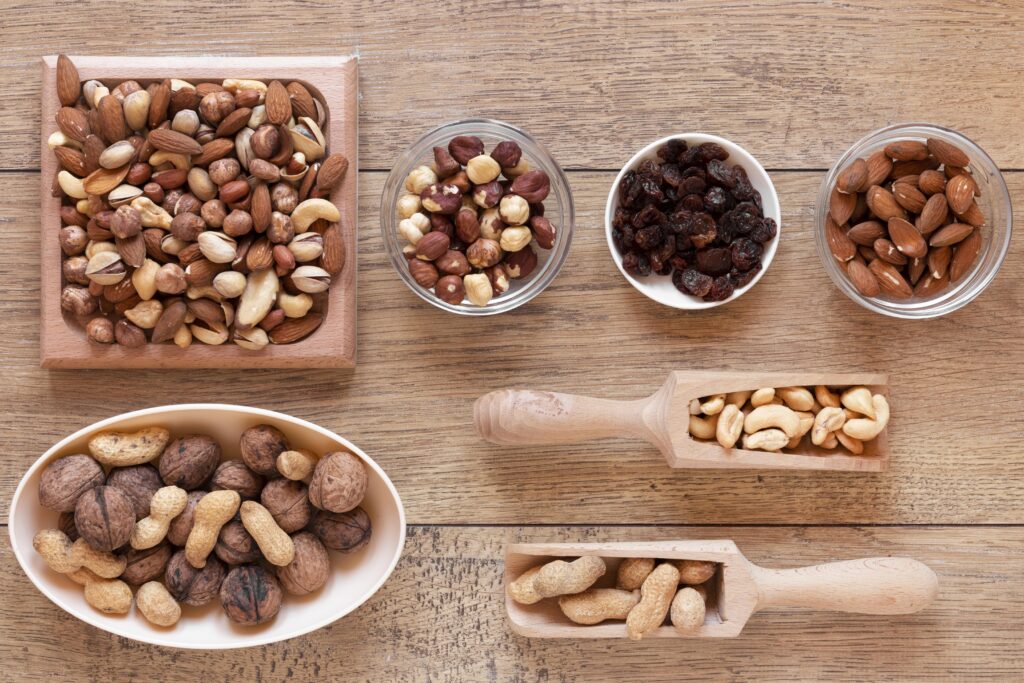
Find Out when Eating Dry Fruits Can Give You The Most Health Benefits
The timing of when you eat dry fruits can actually affect how your body uses them. Eating soaked almonds or walnuts first thing in the morning can kickstart metabolism and improve brain function. Snacking on dates or raisins in the afternoon gives natural energy instead of sugar. If you’re working out, a handful of pistachios or cashews before exercise can fuel stamina, while prunes or figs post-workout help restore minerals and prevent fatigue. However, avoid eating large amounts right before bedtime, since the calorie density may interfere with restful sleep.
Also Read : 14 Foods You Should Never Refrigerate
Common Myths About Dry Fruits
Myth 1: Dry Fruits Make You Fat
Many people avoid dry fruits thinking they instantly lead to weight gain. Dry fruits are calorie-rich, but when eaten in the right portions, they help curb hunger, boost metabolism, and support healthy weight management.
Myth 2: Many People Think Dry Fruits Have Less Nutrition Than Fresh Fruits
It’s a common belief that drying fruits destroys their nutrients—but that’s not entirely true. While some vitamin C may be lost, most minerals, antioxidants, and fiber remain intact. In fact, dried fruits like raisins and dates often have even higher antioxidant concentrations than their fresh counterparts.
Myth 3: Another Myth is That All Dry Fruits Are Extremely High in Sugar
Natural dry fruits like raisins, figs, and dates contain natural sugars, not the harmful refined kind. The real concern is when they are coated with extra sugar or syrups. Always choose natural, unsweetened versions.
Myth 4: Kids Should Avoid Dry Fruits
On the contrary, these are excellent for children’s growth, brain development, and immunity—just ensure they are given in age-appropriate quantities.
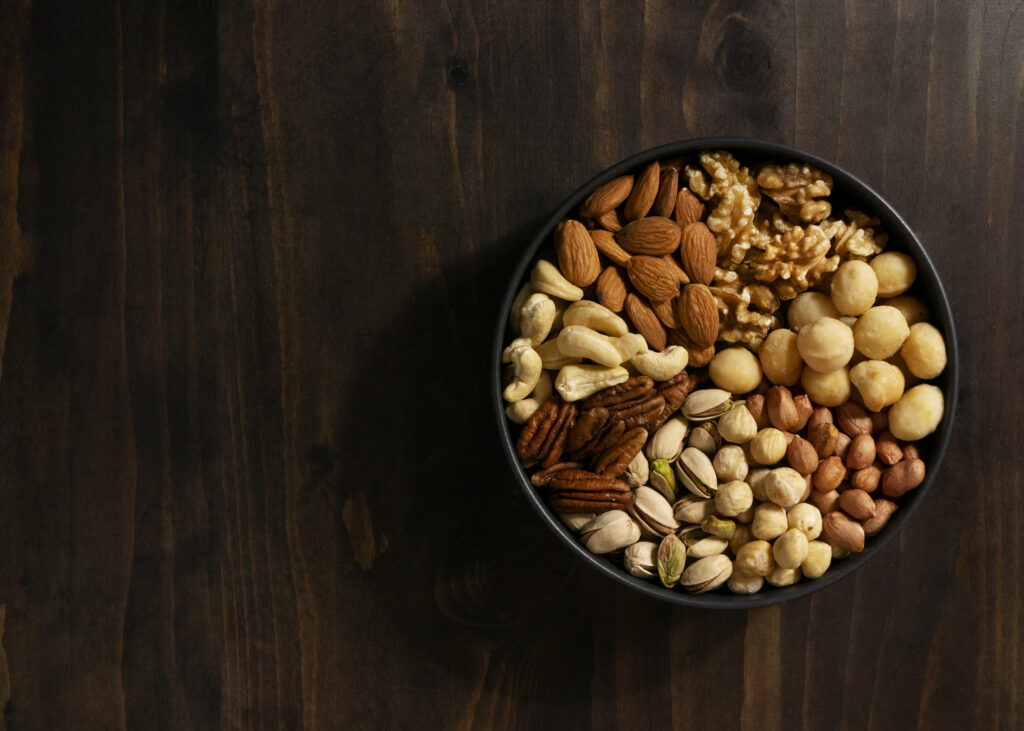
Also Read : How to Prevent From Covid & Other Viruses
FAQs
Are dry fruits good for weight loss?
Yes, when eaten in moderation. Nuts like almonds and pistachios keep you full longer, reducing unhealthy cravings.
Can diabetics eat dry fruits?
Yes, but with care. Nuts are safe, while high-sugar fruits like raisins and figs should be eaten in limited portions.
What about nuts—are roasted ones less healthy than raw?
Light roasting is absolutely fine and can even enhance flavor, but deep-fried or heavily salted varieties lose much of their nutritional value. Always opt for unsalted, natural versions.
Can dry fruits improve skin and hair health?
What’s the right time to include them in your diet?
As for the best time to enjoy them—mornings or midday snacks are ideal. Packed with goodness, they energize the body, support digestion, and keep cravings away.
Also Read : How to Take Care of Your Parents
Conclusion
Don’t be fooled by their size—dry fruits and nuts are nature’s concentrated power packs. Whether you want to sharpen your memory, boost immunity, improve digestion, or simply feel energetic all day—these 10 dry fruits can be your best natural solution. By adding them creatively to your meals and eating in moderation, you can take a giant step towards a stronger, healthier, and happier life.
So, the next time you’re tempted to grab chips or chocolates, reach instead for nature’s golden bites!
Also Read : Detox Your Body

